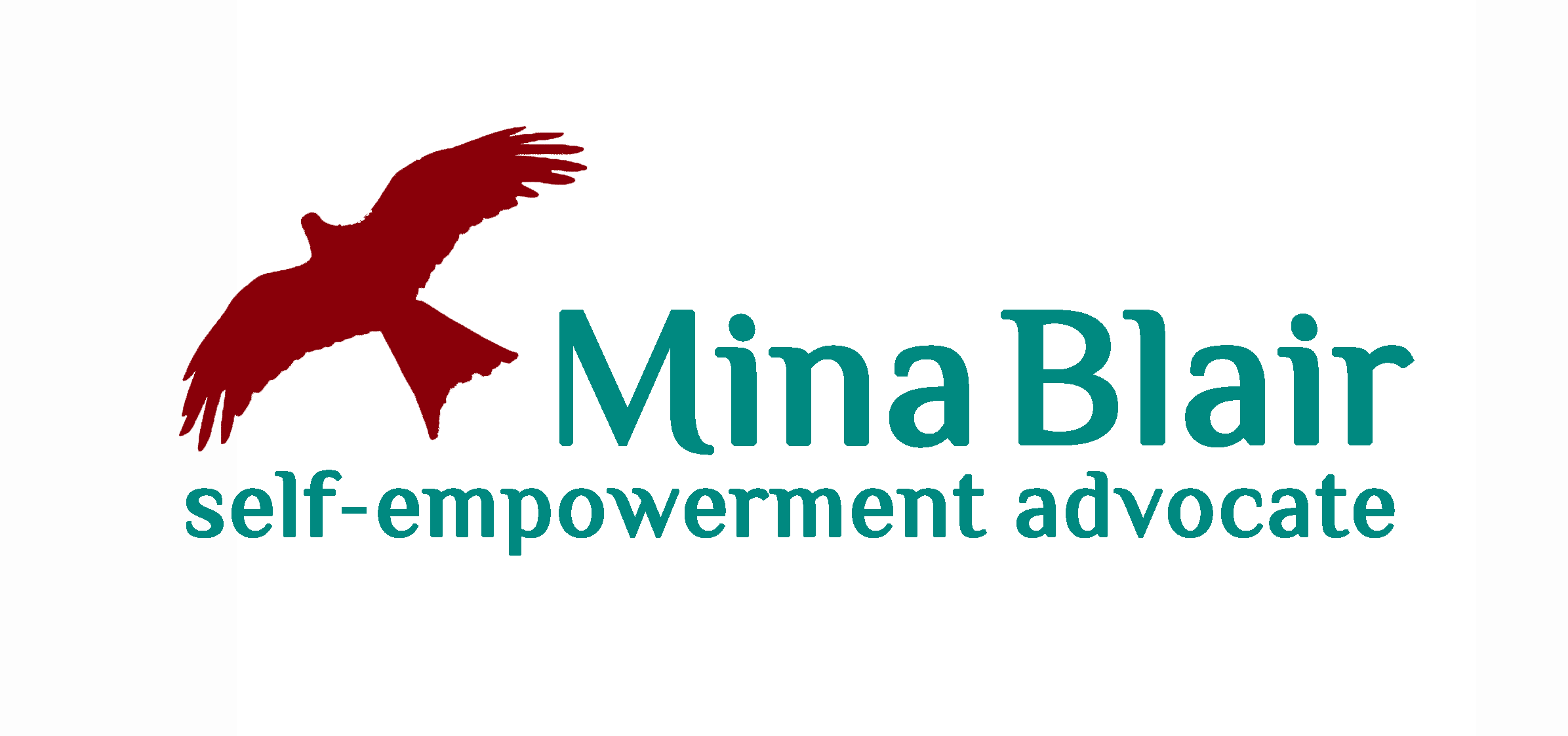In the latest episodes of my wellbeing podcast we discuss why listening to what your body needs is the key to lasting wellbeing.
I’m probably not the only one reflecting on what “health support” means given the current debate about the role of GPs and the decrease in face-to-face family doctor consultations. This topic is generating a high degree of general angst, but is there also an opportunity here?
When I was a child growing up in Oslo, Norway in the 70’s, I don’t recall even having a family doctor per se. I fell down the stairs once and went to A&E to have a cast for my dislocated thumb, and I went to hospital to have my appendix removed. But other than that, health was managed at home. Colds, flu, cuts, bruises, bowel trouble, tummy bugs, childhood diseases were all dealt with by old-school remedies and diet. Iodine, enemas, poultices. Boiled eggs and nourishing broth kickstarted the road to recovery. So, dependence on doctors was not a thing until something specific and serious cropped up.
Since then, it feels like we’ve lost some confidence in looking after ourselves and trusting our own instincts. We prefer to “outsource” our health to the “professionals”. But have we gone too far this way? Perhaps now is the time, as we move through the pandemic experience, to reconnect to our innate ability to nurture our own body. If we tune in, it will tell us what it needs.
Indeed, the body is sending us signals all the time, we’re just ignoring them! Feeling fatigued and low in energy? Rest more, slow down, review the diet, take up some exercise. Picking up common illnesses frequently? Take steps to boost your immune system. Review your relationship with/dependence on coffee, alcohol and sugar. Try drinking more water to keep headaches at bay and improve your digestion. Is a second helping really necessary?
By opening up a dialogue with your body, you’ll quickly find out what works, what makes you feel better. Then you’ll be able to regulate yourself. A little more of this, a little less of that. For example, exercise should leave you feeling energised and refreshed, not shattered. So play with the length and frequency of physical activity. And keep checking in with your body and ask it: are you feeling good? Nourished? Nurtured? And be honest with yourself!
Improving and being aware of your baseline health means that you’ll know when something is amiss and you need to seek medical help. Doctors aren’t gods, they are human beings, too. The person who knows your body best is you! After all, when you visit the doctor it’s you who has to explain what is going on.
A person who knows this more than most is Ciara Roberts, who generously shared her health story in two MatChat with Mina wellbeing podcast episodes. Diagnosed with compromised kidney function at the age of 4, she went through two kidney transplants and ongoing dialysis in adulthood. Rather than hand over her health to the doctors, she decided to take responsibility and opt for a collaborative approach. She works with the medics. Through yoga, diet and adjusting her lifestyle to fit with what her body can manage, Ciara is in constant contact with what she calls her “inner physician”. In her book Wholly Aligned, Wholly Alive: Awakening Your Inner Physician her advice is to start with making just one simple and small change. Like cutting out sugar in your tea and coffee.
So, check out Ciara’s story for inspiration and encouragement in my wellbeing podcast recordings below:
Part 1: Honouring and listening to what your body needs with Ciara Roberts
Part 2: Honouring and listening to what your body needs with Ciara Roberts
Discover how empowering it feels to be fully attuned to your body and to know you are doing your best to look after it!
Namaste
Check out my other wellbeing podcast episodes here.

